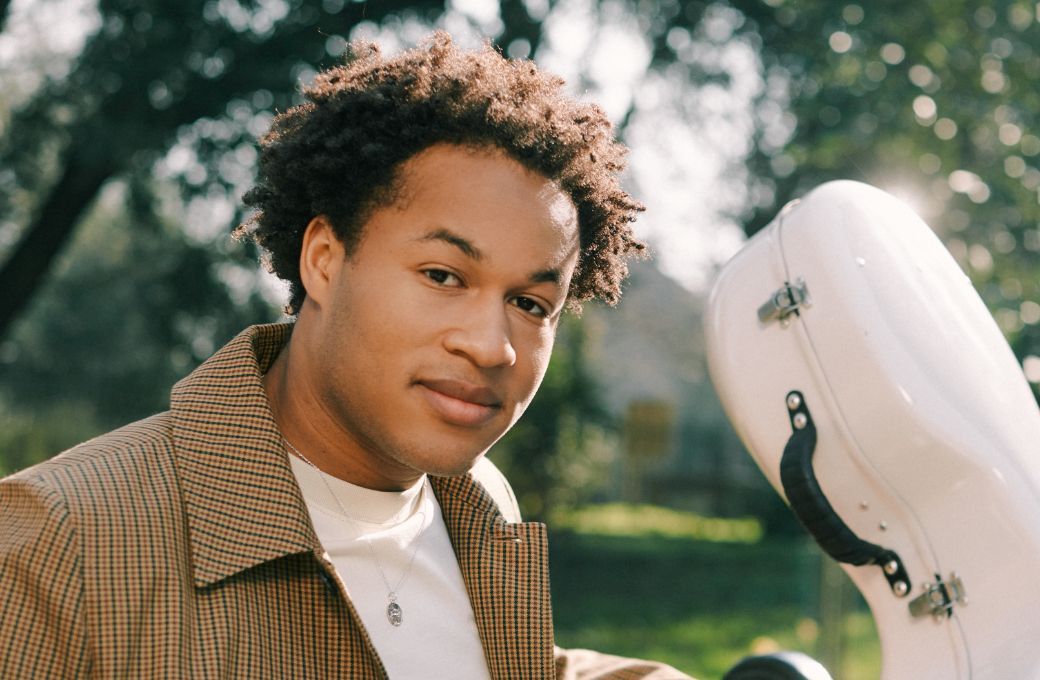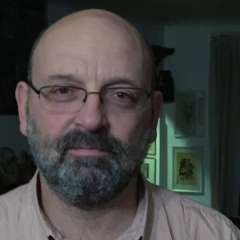To inaugurate the month of May, the New York Philharmonic invited acclaimed cellist Sheku Kanneh-Mason to return for another subscription series. Opting for Shostakovich’s formidable First Cello Concerto, the soloist revived a performance that helped him win the first prize in the Final of the 2016 BBC Young Musician of the Year competition and put his name on everyone’s lips. While the technical prowess and enthusiasm were evident from his initial moments in the spotlight, the maturity he has achieved in his playing since then was evident as well in this concert.

On Wednesday night, Kanneh-Mason effortlessly traversed the intricate passages of an extremely challenging score. Mastering the complex rhythmic patterns, rapid runs and double stops with charm and grace, he flawlessly executed each passage, devoid of any hint of risk. The slow movement’s lamenting music, played with introspection, showcased the cellist’s superb intonation and lyricism. This sentiment found its echo in the encore – a quasi-unknown Prelude no.18 by Mieczysław Weinberg, Shostakovich’s friend and admirer. Kanneh-Mason wrapped the unconventional cadenza – a movement unto itself – with a wide range of dynamics and tonal colours. Meanwhile, the sense of urgency permeated the Finale.
From the cello's unobtrusive initial rendition of the composer’s four-note D-S-C-H signature to the concluding timpani strikes, conductor Esa-Pekka Salonen and the orchestra provided sturdy, yet never overpowering, accompaniment to Kanneh-Mason's virtuosic performance. His conversations with guest horn Robert Rearden and principal clarinet Anthony McGill were unfailingly harmonious. In the Moderato, one had the sensation of experiencing chamber music, while in the Finale, the sound was bigger than one believed possible from such a reduced ensemble – including just 6 cellos and 5 double basses.
Shostakovich’s kaleidoscopic scores often reflect a sombre worldview. Irony and sardonicism are never far away. For obvious reasons, Mstislav Rostropovich, the concerto's dedicatee, had a keen understanding of the reasons behind the abrupt mood switches, which he adeptly conveyed in his performances filled with anxiety. Truth be told, it is hard to ask such a young artist to inhabit a world that is geographically, historically, and psychically distant from his own experiences, and Kanneh-Mason's rendition did feel somewhat incomplete, despite its undeniable merits.
With his focus on special projects and contemporary music, including his own often remarkable compositions, it's easy to overlook the fact that Salonen is also a great conductor of the standard repertoire, consistently seeking to shed new light on various aspects of these works. His performance of Berlioz’s Symphonie Fantastique with the New York Philharmonic was a superb demonstration of how a conductor can breathe new life into a warhorse.
With his precise gestures, Salonen conducted a performance devoid of Romantic sentimentality, highlighting modern tensions and sonorities, bringing forward what could be considered proto-Mahlerian instrumental pairings, prolonging caesurae, and expanding or contracting musical phrases to emphasize specific points. Seeking a specific soundscape, he employed not two, but four harps, and requested principal trumpet Chris Martin to leave his usual position in the second movement, seating him behind the violins and next to the harps!
The large orchestra played wonderfully under his direction. There were no hitches at any entrance point, despite the constantly varied tempos. Several individual contributions, such as Ryan Robert’s cor anglais playing, were outstanding.
The ensemble has not sounded so disciplined, cohesive and full of enthusiasm in quite some time. With Salonen's decision to conclude his San Francisco assignment, one might feel a renewed sense of regret that his New York Philharmonic directorship was never on the cards.


